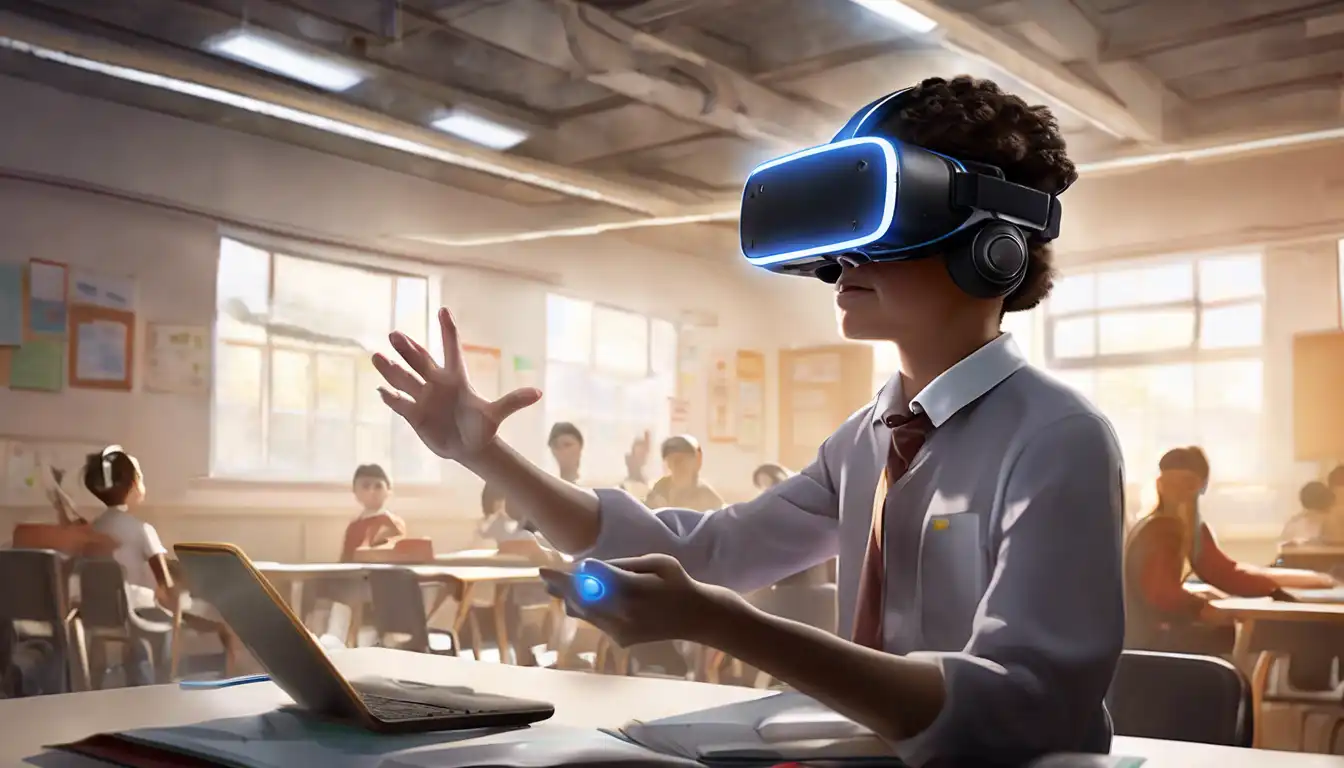The Transformative Impact of Virtual Reality on Learning and Skill Development
Virtual Reality (VR) technology has rapidly evolved from a futuristic concept into a practical tool that is reshaping the landscape of education and training. By creating immersive, interactive environments, VR offers unparalleled opportunities for experiential learning, making it a game-changer in both academic and professional settings.
Why VR is a Game-Changer in Education
Traditional learning methods often struggle to engage students or provide hands-on experience in complex subjects. VR addresses these challenges by simulating real-world scenarios where learners can practice skills, explore concepts, and make mistakes without real-world consequences. From virtual field trips to historical sites to interactive science experiments, VR brings learning to life in ways previously unimaginable.
Enhancing Professional Training with VR
Beyond the classroom, VR is revolutionizing professional training across industries. Healthcare professionals can perform virtual surgeries, engineers can troubleshoot machinery in a risk-free environment, and first responders can prepare for emergency situations. This hands-on approach not only improves skill retention but also significantly reduces training costs and risks.
The Benefits of VR in Education and Training
- Increased Engagement: VR's immersive nature captures learners' attention far more effectively than traditional methods.
- Improved Retention: Experiential learning through VR leads to higher retention rates.
- Accessibility: VR can bring high-quality education and training to remote or underserved areas.
- Cost-Effectiveness: Over time, VR reduces the need for physical materials and travel for training purposes.
Challenges and Considerations
Despite its potential, the adoption of VR in education and training faces hurdles such as high initial costs, the need for technical infrastructure, and the development of quality content. However, as technology advances and becomes more affordable, these challenges are gradually being overcome.
Looking Ahead: The Future of VR in Learning
The future of VR in education and training is bright, with ongoing advancements in technology making it more accessible and effective. As educators and trainers continue to explore its potential, VR is set to become an integral part of learning and professional development strategies worldwide.
For those interested in integrating VR into their educational or training programs, it's essential to start small, focusing on specific learning objectives, and gradually expand as familiarity and resources grow. The journey into virtual reality is just beginning, and its full potential is yet to be unlocked.
